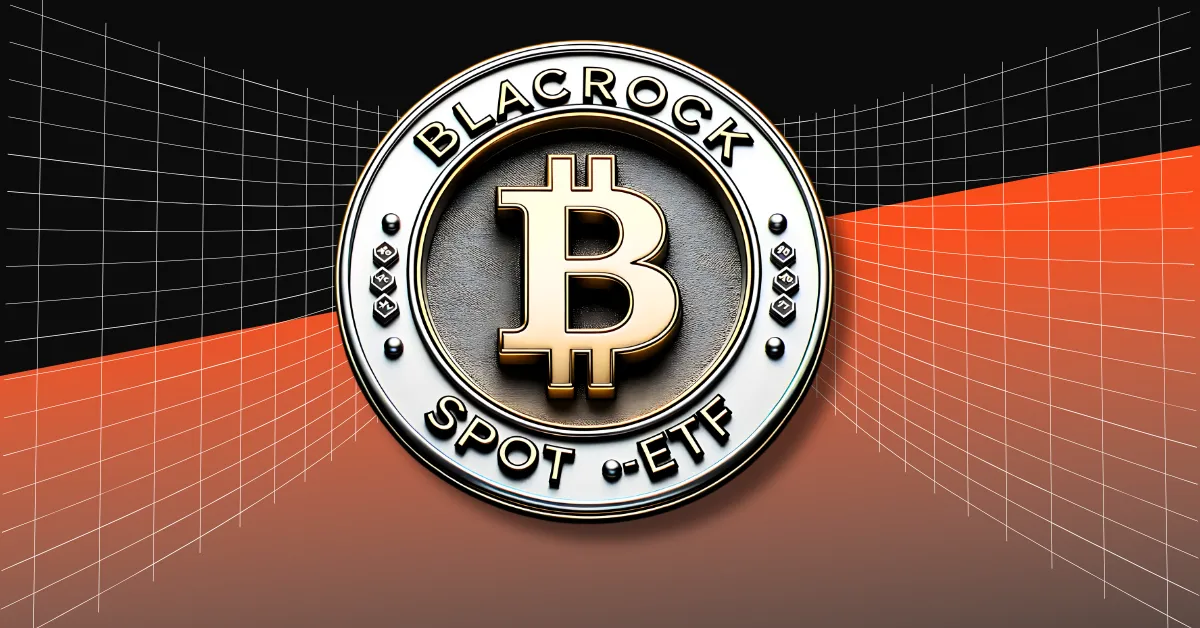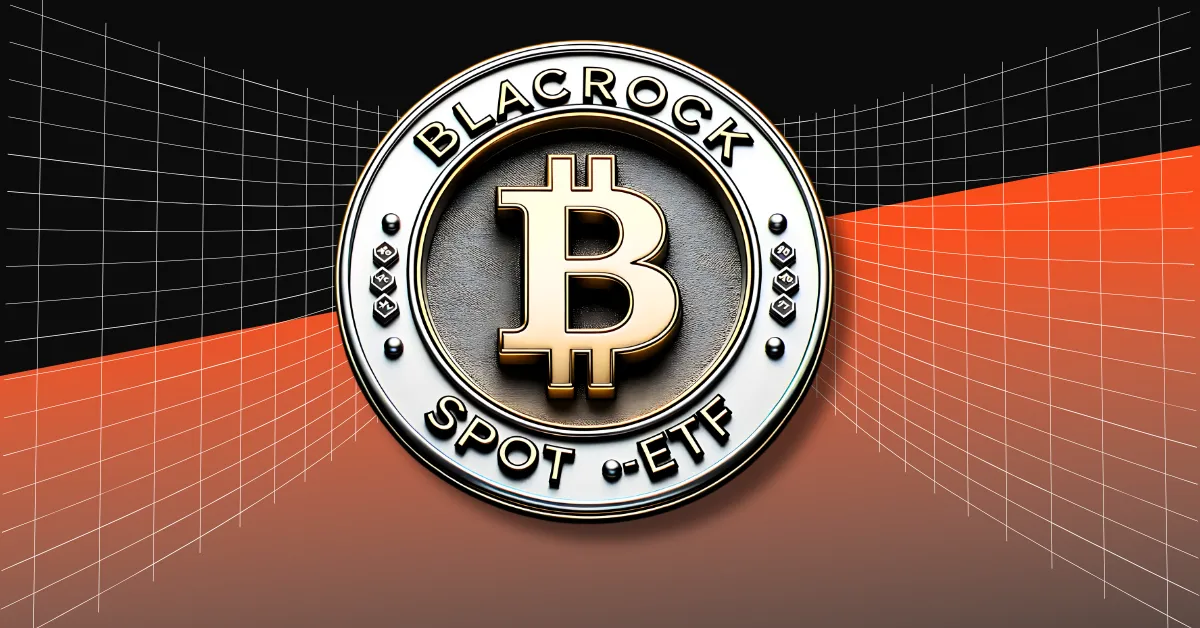The Ripple-SEC lawsuit has long been one of the most closely watched regulatory battles in the cryptocurrency world. Its looming resolution signals not only a turning point for Ripple (XRP) but also for the broader crypto-ETF ecosystem in the United States. This convergence of legal clarity and institutional appetite has sparked widespread speculation that asset management juggernaut BlackRock may soon leap into the fray with an XRP spot ETF. This report unpacks the implications of this development, the evolving market sentiment, and the potential ripple effects across crypto investing.
Legal Clouds Clearing: The Ripple-SEC Lawsuit Nearing Resolution
Since its inception in 2020, the SEC’s lawsuit against Ripple has cast a regulatory shadow over XRP, leaving many institutional investors wary of exposure. The core contention was whether XRP should be classified as a security, putting it under SEC jurisdiction. After years of legal wrangling, recent developments mark a decisive turn:
– Appeal Withdrawal and Fine Reduction: Ripple’s recent decision to drop its appeal and the SEC’s significant reduction of Ripple’s fine from $125 million to $50 million effectively diminish legal uncertainty.
– Settlement Talks and Motion to Pause Appeals: Both parties filing motions to pause further appeals signal a near settlement that could end the protracted dispute.
– Regulatory Shifts: Emerging indications suggest the SEC may be reconsidering XRP’s classification, potentially viewing it as a commodity rather than a security—this marks a fundamental pivot favorable to XRP’s market acceptance.
Collectively, these elements have reignited confidence in XRP’s regulatory status and emboldened institutional investors to anticipate a floodgate opening for XRP-related products.
BlackRock and the Institutional ETF Landscape
BlackRock manages over $11 trillion in assets and has been historically cautious but decisive in entering new asset classes. The SEC lawsuit was widely seen as a major barrier preventing BlackRock and similar institutions from launching spot XRP ETFs. Now, with that obstacle poised to vanish:
– BlackRock’s Emerging Interest: Industry insiders and ETF experts speculate BlackRock will soon file for an XRP spot ETF, leveraging the regulatory clarity to pioneer a mainstream institutional product.
– Competition Heating Up: Franklin Templeton’s recent submission of a registration statement for an XRP ETF signals the intensifying competition among financial heavyweights eager to capitalize on XRP’s new legal landscape.
– Broader ETF Ecosystem Momentum: The SEC appears to be signaling a shift toward approving spot crypto ETFs, as evidenced by closed-door meetings featuring BlackRock and other players discussing crypto staking and tokenized securities. This environment primes XRP ETFs for eventual approval.
If BlackRock enters this space, its deep relationships, massive client base, and market clout could accelerate XRP’s mainstream adoption, legitimizing it as a serious digital asset investment option.
Market Reactions and Price Movements
XRP’s price action since the lawsuit’s promising resolution has shown immediate bullish momentum:
– Price Surge: XRP has climbed over 3.5% within hours on some news beats, eclipsing resistance points around $2.2 and approaching psychological targets around $3.
– Bullish Sentiment: The prospect of an XRP spot ETF, combined with the diminishing regulatory risks, has infused fresh optimism among traders and institutional investors alike.
– Volatility and Profit-Taking: Despite broader enthusiasm, XRP experienced minor dips following positive news, highlighting typical market volatility as players position themselves ahead of major ETF filings.
These market moves suggest that the speculative window is open but the broader rally will depend on additional approvals and large-scale institutional participation.
Implications for Crypto-ETF Regulation and Investment
The Ripple-SEC saga’s resolution and the concomitant rise of XRP ETFs carry significant repercussions beyond just XRP holders:
– Precedent for Other Tokens: A cleared path for XRP ETFs may set a regulatory and legal precedent for other tokens caught in ambiguous securities classifications, potentially ushering in a new wave of crypto ETFs.
– Investor Access and Safety: Spot ETFs are often regarded as safer and more accessible vehicles for traditional investors to gain crypto exposure without the risks of direct custody or exchange volatility. This could attract massive inflows from conservative institutional money.
– Tokenization of Securities: Discussions around crypto staking and tokenizing traditional assets in SEC meetings indicate that blockchain-based financial innovation and ETF products could become increasingly mainstream. This might lead to more hybrid products blending traditional finance and crypto.
– Regulatory Evolution: The SEC’s apparent flexibility around XRP may hint at a progressive regulatory stance aligned with evolving markets, balancing protection with innovation.
Conclusion: The Dawn of a New Era for XRP and Crypto ETFs
The imminent conclusion of the Ripple-SEC lawsuit marks a watershed moment in cryptocurrency regulation and investment. It dissolves a significant cloud that has hampered XRP’s institutional adoption while simultaneously laying the groundwork for a transformative shift in crypto ETF offerings. BlackRock’s potential entry into the XRP ETF race could be a game-changer, unlocking unprecedented institutional capital and accelerating crypto’s integration into traditional financial systems.
As XRP’s price rallies and optimism mounts, the coming months will be critical in observing how regulators, asset managers, and investors collectively chart a new course—balancing innovation and oversight. This nexus of legal clarity, institutional enthusiasm, and fintech evolution not only revitalizes XRP’s prospects but could catalyze a broader embrace of digital assets through regulated, secure investment vehicles.
For investors and market watchers alike, the Ripple legal saga’s resolution signals more than just the end of a lawsuit: it heralds a new epoch where crypto’s mainstream legitimacy is finally inching closer to reality.












